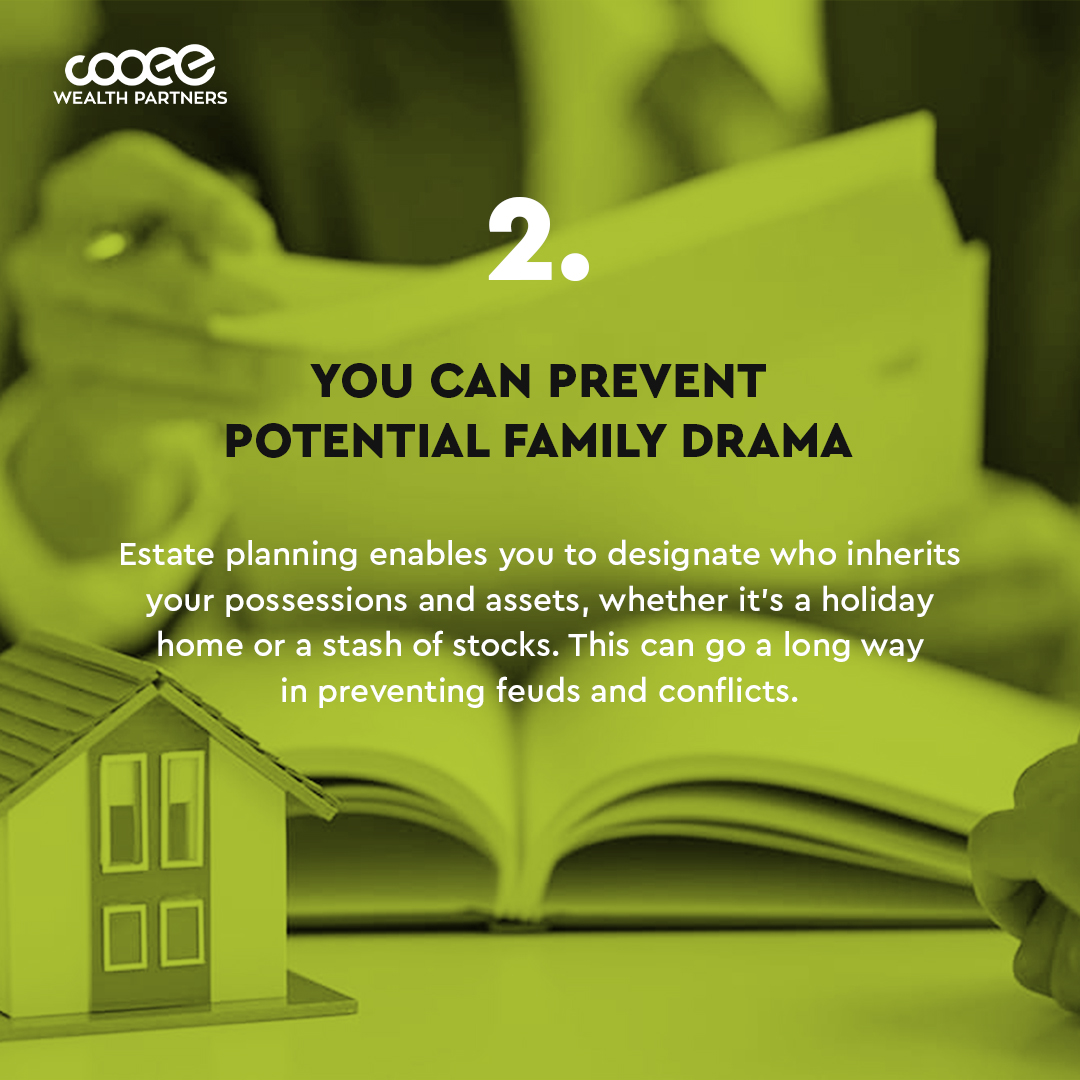
Have you ever kicked back and watched the popular British historical drama, Downton Abbey? It’s scooped up more awards than you can shake a British bowler hat at, including a Golden Globe for Best Miniseries.
But before you click away, hang on – there’s a nugget of wisdom here. This show isn’t just about fancy dresses and tea sipping; it’s packed with estate planning lessons that are worth a glance.
For instance, consider the tale of Lord Grantham and Lady Grantham. He married her partly for her (dare we say it) money, and once those wedding bells rang, her riches were joined with his. If only she had considered a prenup back in the day, it might’ve shielded her fortune from some serious Downton-style twists.
Another example was hidden in the first season, when Lord Grantham faced off with a distant cousin, practically a stranger in the family. This guy was eyeing Downton like it was the last piece of cake at a party. Lord Grantham wished he had earned his fortune on his own, which would’ve given him the reins to steer it to the next generation. An estate plan could’ve been his golden ticket.
So, what’s the lesson here? Getting your estate planning done early can greatly benefit you and your loved ones, ensuring that your affairs are in order (and that you don’t have to go through Downton Abbey-like drama because of the lack of estate planning). Your peace of mind and your loved ones will thank you for it.

What is estate planning (and how can financial advisers help)?
Estate planning is like mapping out a cross-country road trip. Instead of rest stops, you’re marking where your money, belongings, and big decisions will land. Just as you wouldn’t set off on a journey without a destination, you shouldn’t leave your financial tale to chance.
Estate planning is not just about writing a will, although that’s a major piece. We’re talking about life insurance strategies, splitting up retirement funds and playing benefactor. You could take these steps one by one, but they all fit like puzzle pieces, so it’s a smart option to get some support so you don’t miss an important step.
Let’s take a look inside an estate plan:
- The will: This is your blueprint. It outlines who gets what when you’re not around anymore.
- Superannuation Death Benefit nominations: Think of this as assigning the rightful recipients for your super funds. It’s crucial to have this in place to ensure your money goes where it’s meant to.
- Testamentary Trusts (TTs): These are like customised pockets within your will. They can help manage inheritances, especially for those who might need extra support.
- Life insurance: This is your financial safety net. Whether it’s within your super or not, be clear about how your beneficiaries will receive the payouts.
- Powers of Attorney: This is designating someone you trust to make decisions for you if you can’t. They step in on your behalf.
- Enduring Guardianship or Power of Guardianship: This is about giving someone the legal authority to make personal decisions for you when you can’t.
- Advance Healthcare Directive: This is like a guideline for your future medical care. It’s based on your preferences and values.
While solicitors are the pros at securing things legally, taxes might be their blind spot. Accountants are the number wizards, but the legal know-how might not be their forté. Financial advisers, on the other hand, are the glue that bonds both sides.
Cooee Wealth Partners team up with legal experts for the official paperwork, and we also arrange things down to a T so your assets are safeguarded, your wishes honoured and no tax loophole escapes our notice.
Long story short, while lawyers and accountants shine in their lanes, we’re here to ensure your financial fortress stands tall, from foundation to rooftop.
Estate vs. Non-estate assets: Distributing assets in your will
When it comes to divvying up the goods through your will (we’re talking about estate assets that fall under its jurisdiction) it’s important to point out that not all assets fall into this basket. They might be up for distribution based on someone else’s say-so or headed directly to another party.
In short, not every piece of your property follows your will’s lead, so let’s demystify how asset distribution works:
- Real estate: If you own a property solely, it’s considered part of your estate. However, if it’s jointly owned with someone else, it automatically passes to them upon your passing, making it a non-estate asset. Now, if the property is jointly owned as “tenants-in-common” without survivorship rights, your share becomes an estate asset.
- Superannuation: If you’ve made a binding nomination in favour of your legal personal representative (LPR) and it’s valid upon your passing, your super becomes an estate asset. But if you haven’t nominated your LPR, it’s a non-estate asset, not governed by your Will’s terms.
- Bank accounts: If you’re the sole owner of a bank account, its balance becomes an estate asset. Joint accounts, however, sidestep the estate category and are taken over by the surviving account holder after you’re gone.
- Shares: Like bank accounts, the ownership of shares determines their estate status. Sole ownership labels them as estate assets. Joint shares, on the other hand, shift to the surviving owner upon your passing.
- Digital assets and cryptocurrency: Here’s where things get tricky. Every site’s got its own rules for entry, and when you’ve left the building, without passing on the keys (passwords), it’s like locking the front door. So, store those passwords safely and leave breadcrumbs for your loved ones to follow.
What are the benefits of getting your estate planning done early?
Isn’t it funny how we’ll spend ages picking a holiday destination, debating car choices or Googling the best restaurant? But when it comes to estate planning – you know, sorting out who gets your stuff after you’re gone – it often gets pushed to the back burner.
Sure, it’s not as exciting as picking out a dream destination but without an estate plan, you don’t get a say in who inherits the things you’ve busted your tail to earn. So, while it might not be the most riveting topic, it’s the responsible move that ensures your wishes are carried out.
Here are our top 3 reasons why we recommend estate planning.
1. It gives you control over important decisions related to your finances and property
Estate planning wasn’t always on everyone’s radar; it seemed like a luxury for the wealthy. But times have changed, and even regular middle-class families now see its value. Why? Because they want everything sorted if the family’s main breadwinner faces the unexpected.
At its heart, estate planning is about designating who inherits your possessions, whether it’s a holiday home or a stash of stocks. Without a plan, the courts could swoop in to make those decisions. And let’s just say, it’s a drawn-out, expensive, and messy process. The courts lack insight into family dynamics or financial wisdom. They won’t simply assume that the surviving spouse takes it all either.
The smart move here is to team up with a financial adviser. With our expert guidance, you can ensure your assets go where you want them to, without all the legal hassle.
2. It prevents potential conflicts
Raise your hand if you’ve seen tensions flare up in your family when someone passes away. We’re betting quite a few of you are nodding along.
We’ve all heard the tales – money enters the picture and it’s like a drama-filled feud unravels. Siblings squabble over who’s owed what, or who’s best fit to steer the financial ship, even if their money sense is questionable. It’s chaos that can lead to court battles that tear families apart.
Having an estate plan can put those potential fights to rest before they even kick off. With a solid plan, you can pick who calls the shots for your finances and assets if you’re unable to, or after you’re no longer around. This can be a game-changer in smoothing out family disagreements and making sure your assets are managed as you wish.
A rock-solid will, matched with smart estate planning, can slam the door on unwarranted claims from distant relatives. Starting your estate planning early sets the stage for a seamless transition when the time comes to distribute your assets to your loved ones.
3. It gives a secure future for your loved ones
Let’s face it, no one’s planning to exit the stage early – unless you’re a parent with little ones, then your brain automatically “goes there”. Yep, those late-night thoughts of worst-case scenarios might as well set up camp in your brain. So, it’s not outlandish to prepare for the unpredictable. Here enters the will.
If you’ve got kiddos in the picture, you’d want them in the hands of someone you trust, that’s where naming guardians in your will steps in. Without this, guess who gets to decide who takes care of your kids Yep, you guessed it – the courts.
With your solicitor and financial adviser by your side, you’re set to craft an estate plan that’s not just a scribble on paper. It’s a masterpiece armed to the teeth; think defence against potential legal curveballs or personal storms that might rock your beneficiaries, (hello, messy divorces).
These curveballs can lead to litigation — the legal world’s version of a playground scuffle. A solid estate plan can help you dodge those courtroom showdowns. Why? Because the Family Provisions Act can open the doors to all sorts of relatives contesting your estate – from ex-spouses to estranged cousins with an axe to grind.
Hindsight is 20/20: What happens if you delay estate planning?

Think of financial planning as meticulously arranging a holiday. Just as you map out where you’ll start, where you’re headed, how long you’ll be away, and what you’re willing to spend on your trip, the same logic applies to your finances. If you’ve mastered the art of money management and enlisted the wisdom of a financial adviser, chances are you’ve got a silent army of investments working their magic behind the scenes (we’re talking compounding).
Compounding works by earning money on your original investment and then earning even more on the money you previously made, gaining momentum over time. Why do we mention this? Because, without an estate plan, all that effort can fizzle into thin air. That’s why estate planning is vital. It’s a safety net for your hard-earned wealth to ensure it doesn’t vanish into the financial abyss.
And that’s not just it. Here are more potential risks of delayed estate planning:
1. Higher Taxes? No thanks.
Taxes have a sneaky way of skyrocketing if estate planning isn’t in the picture, leaving your loved ones with a hefty bill once you’ve taken your leave. However, a well-crafted estate plan is like a shield against excessive tax burdens, aiming to minimise what you owe and maximise what your beneficiaries collect.
2. Probate Stress
Welcome to the realm of probate, where court oversight ensures that your will is followed. The court will assess your assets, settle debts, and distribute the remaining to the rightful heirs, as approved by the court. However, there’s a catch: if your paperwork is incomplete or unclear, it can lead to an ongoing ordeal. Believe us, dealing with that is something nobody wants.
3. No protection for adult beneficiaries
Ever wonder what your beneficiaries might do with their inheritance? They could fall into the clutches of creditors, messy divorces, or just plain ol’ bad money management. An estate plan lets you play hero by adding clauses that protect them from their bad decisions. Think of it as an insurance policy that ensures your legacy doesn’t vanish in a puff of financial smoke. Because adulting is hard enough – let’s not add “messing up your inheritance” to the mix.
Don’t let estate planning sound like a task for “future you” to tackle. It’s not just a later concern; it’s a present you’re gifting to your future loved ones. It’s about making sure your hard-earned savings reach the right hands, your treasures find loving homes, and your family is taken care of – even when you’re not there to guide them. Book a meeting with one of our Wealth Partners to start structuring your estate plan.





